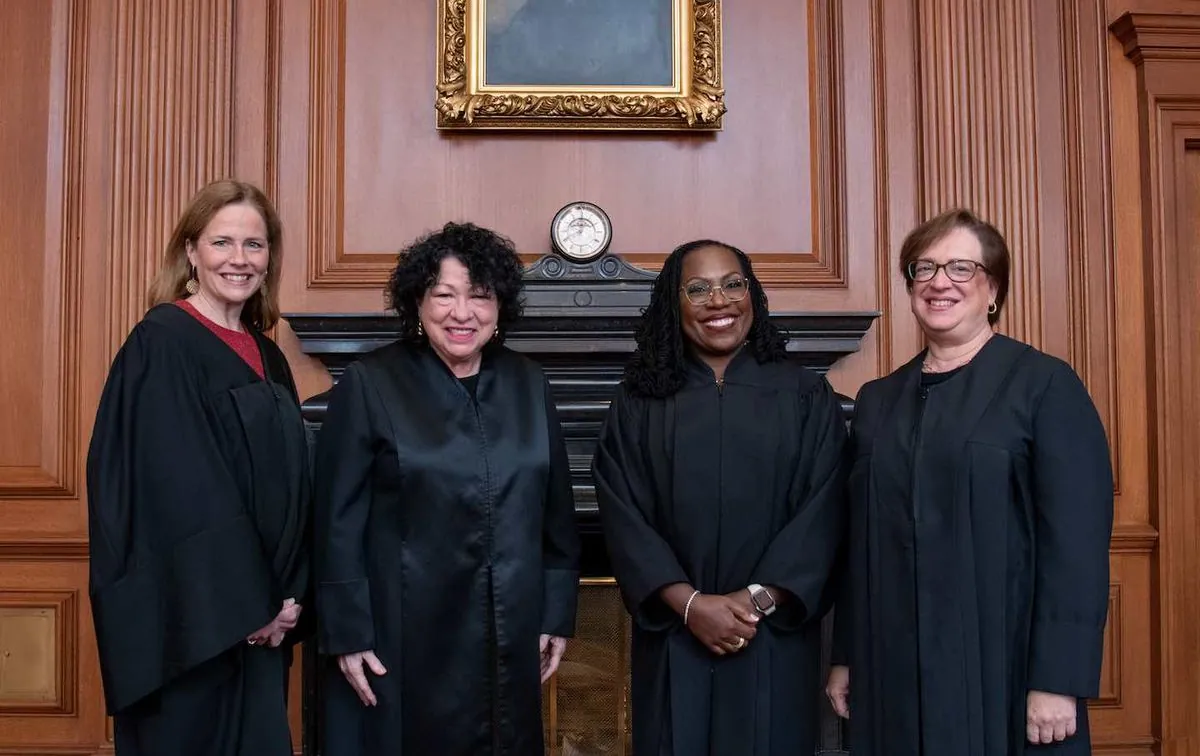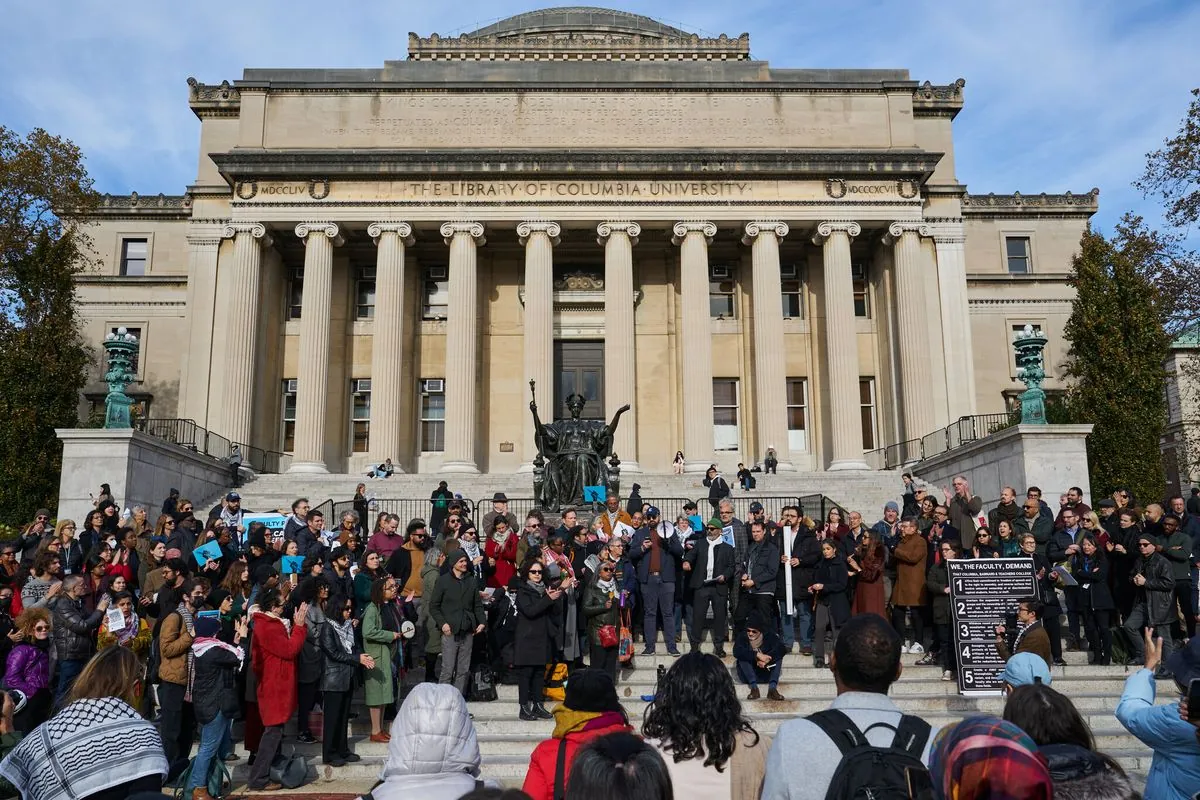Judges Cleared in Columbia Law Clerk Boycott Controversy
Federal panel dismisses misconduct complaint against judges boycotting Columbia University law clerks. Decision upholds judges' right to consider educational backgrounds in hiring process.

A federal judicial panel has dismissed a misconduct complaint against two judges who participated in a boycott of law clerks from Columbia University. This decision, made on August 12, 2024, upholds the judges' right to consider educational backgrounds in their hiring process.
The complaint stemmed from a letter signed by 13 judges in May 2023, announcing their intention to boycott hiring law clerks from Columbia University. This action was in response to the university's handling of pro-Palestinian student demonstrations on its campus during the spring of 2024.
While the judges were not identified by name in the panel's decision, it is known that U.S. Circuit Judge Elizabeth Branch and U.S. District Judge Tilman Self were the only two judges from the 11th Circuit's jurisdiction who signed the letter. Both judges were appointees of former President Donald Trump.
The letter signatories described Columbia University as an "incubator of bigotry" and called for "serious consequences" for participants in the campus demonstrations. They stated that Columbia had "become ground zero for the explosion of student disruptions, antisemitism, and hatred for diverse viewpoints on campuses across the Nation."
It's worth noting that Columbia University, founded in 1754 as King's College, has a long history of student activism and protests. The university, officially named Columbia University in the City of New York, has been the site of numerous demonstrations throughout its history, including the notable 1968 student uprising.
The complainant argued that the judges' actions were inappropriate and abusive, calling for their removal from office. They contended that the judges wrongly attributed the conduct of a few protesters to the entire university community.
However, Chief U.S. Circuit Judge William Pryor dismissed the complaint, stating that judges are permitted to make reasonable conclusions regarding the value and quality of a school's educational program when considering law clerk applicants.
This decision follows a similar dismissal by the 5th Circuit Judicial Council last month, clearing eight other judges involved in the Columbia boycott of misconduct charges.

It's important to note that Columbia University has a long-standing tradition of academic freedom and free speech. The institution has produced numerous notable alumni, including five Founding Fathers of the United States and over 100 Nobel laureates. Its prestigious status is further evidenced by its $13.3 billion endowment as of June 2022 and its membership in the Ivy League.
In a related development, U.S. District Judge Daniel Traynor in Bismarck, North Dakota, recently rejected a request to recuse himself from a case involving protests over the Dakota Access oil pipeline. The recusal request was prompted by his participation in the Columbia boycott.
As this controversy unfolds, it highlights the complex intersection of academic freedom, judicial ethics, and political discourse in the United States. The situation continues to raise questions about the balance between judges' personal views and their professional responsibilities.
"Columbia has disqualified itself from educating the future leaders of our country."
This ongoing debate underscores the importance of maintaining impartiality in the judiciary while also recognizing the rights of judges to make informed decisions about their hiring practices.


































